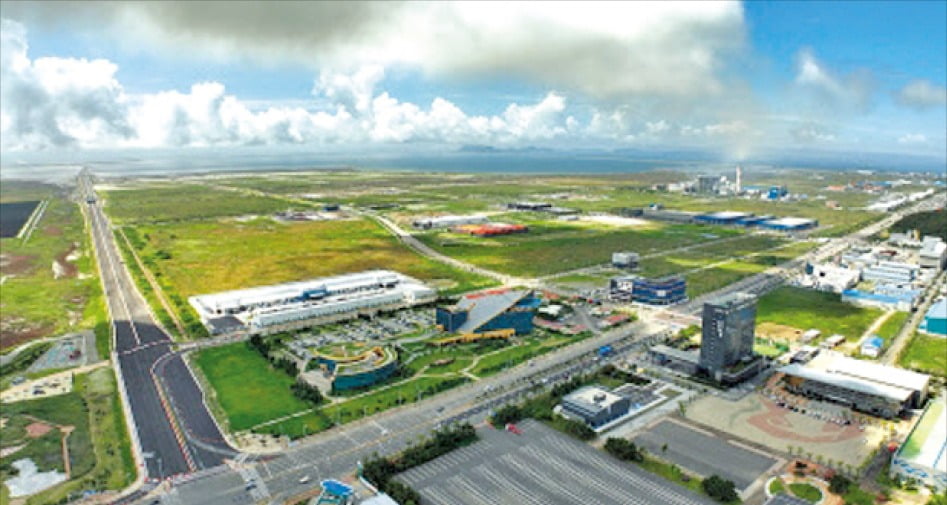Physical Address
304 North Cardinal St.
Dorchester Center, MA 02124
Physical Address
304 North Cardinal St.
Dorchester Center, MA 02124

The US government has announced detailed regulations regarding Foreign Enterprise Ownership or Control (FEOC), designating joint ventures with Chinese capital exceeding 25%. This move is expected to have a significant impact on South Korea’s battery industry, requiring adjustments in ownership stakes and strategic modifications.
One major concern for the industry is the reliance on Chinese suppliers for key battery materials. Failure to reduce this dependency could render US battery exports virtually impossible from next year onwards. In response to the FEOC designation, leading Korean companies such as LG Chem, POSCO, and Ecopro are actively pursuing joint investments to mitigate the challenges.
LG Chem, in particular, is engaged in a large-scale joint investment with a Chinese partner. The company plans to invest 1.2 trillion won in a new cathode material factory in Saemangeum and 500 billion won in an anode material factory in Gumi. However, to export anodes to the North American market, LG Chem must secure a minimum 24% stake in Huayu Cobalt by the end of next year, prompting stake adjustments.
While the FEOC regulations have created uncertainty and confusion, they also present an opportunity for battery companies to strengthen their fundamentals. These regulations offer a chance to address financial burdens, operational inefficiencies, and labor shortages resulting from rapid investments.
LG Chem, for instance, plans to invest 10 trillion won in facility upgrades by 2025 to transform into a leading battery material company. Similarly, Ecopro intends to establish a joint venture for cathode production in Saemangeum, further enhancing the industry’s capabilities.
However, the FEOC designation and concerns about battery oversupply have prompted several companies to adjust their investment strategies. Kores and L&F have postponed cathode material production due to delays in quality certification. LG Energy Solution, SK Innovation, and Samsung SDI also face potential delays, which may impact their investment plans.
Furthermore, partnerships between Korean and Chinese companies are being reassessed. POSCO Group is considering stake adjustments in joint ventures such as CNGR and Huayu Cobalt. Similarly, EcoproBm anticipates supply bottlenecks in cathode materials and plans to establish a joint venture to ensure stable supply chains. These stake adjustments are essential to comply with FEOC regulations and secure a reliable supply network.
In conclusion, the FEOC designation has brought both challenges and opportunities to South Korea’s battery industry. While adjustments and delays may be necessary, companies now have the chance to strengthen their fundamentals and prepare for a more sustainable future. Adapting to the changing landscape and reducing dependency on Chinese suppliers will be key to ensuring long-term success in the global battery market.
If you’re wondering where the article came from!
#